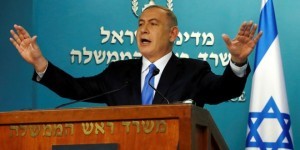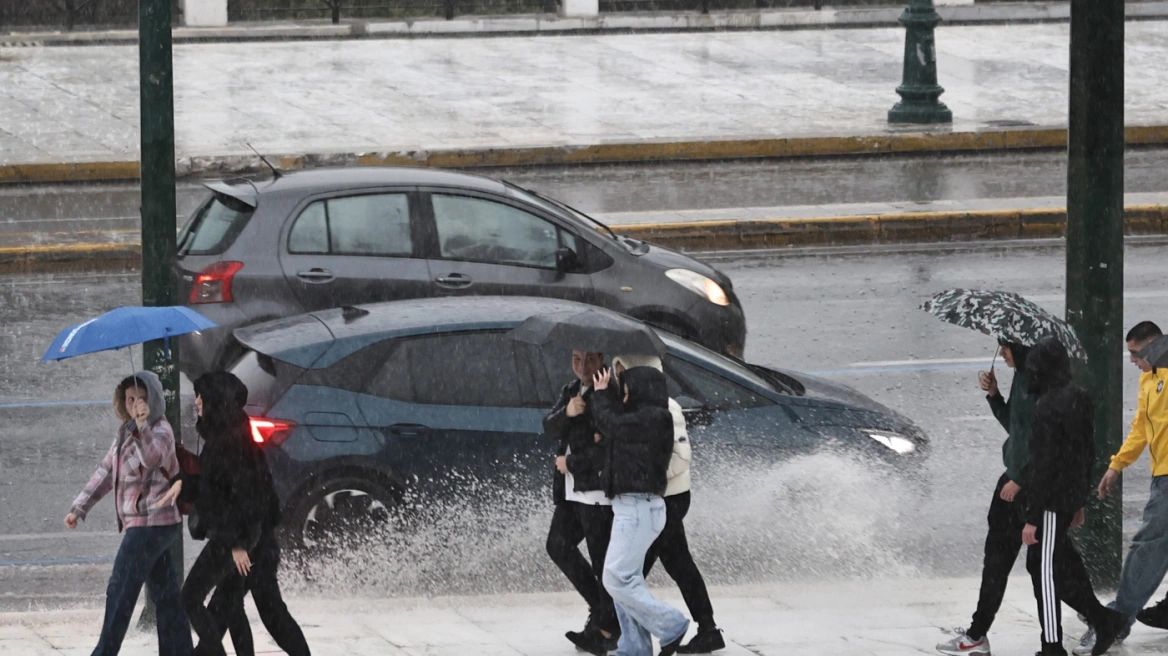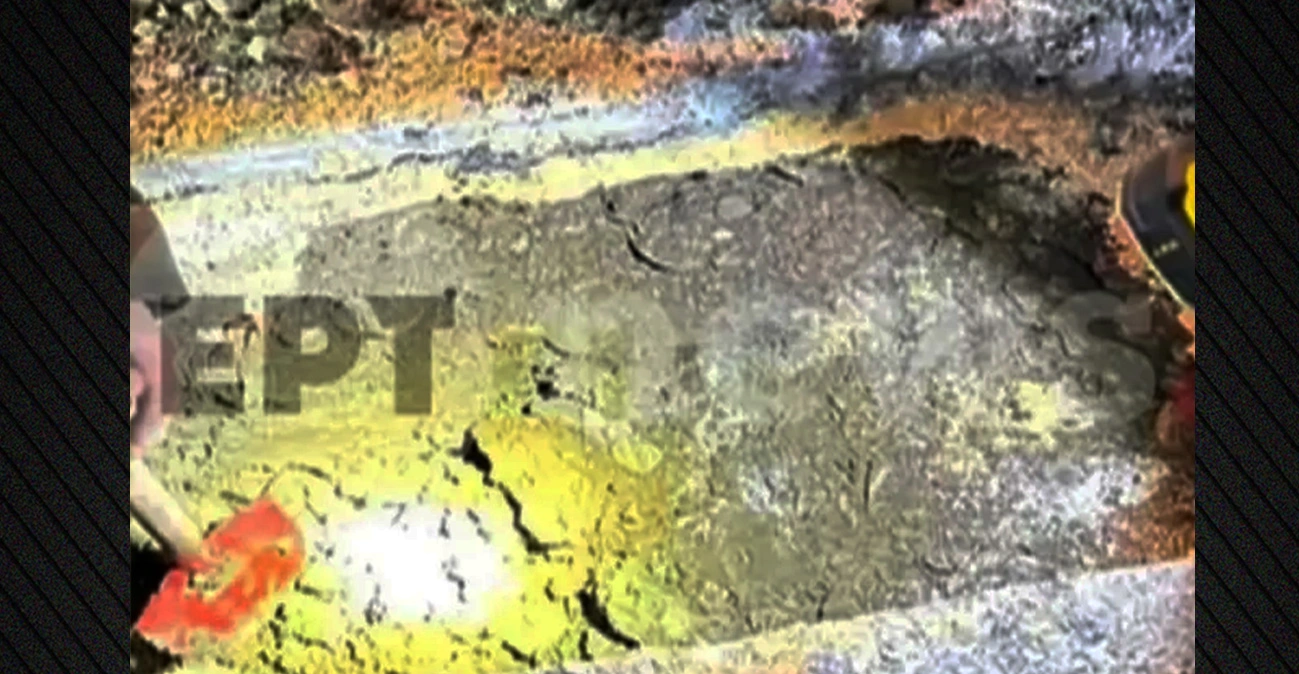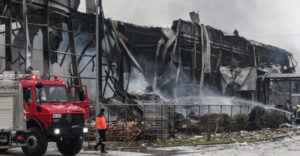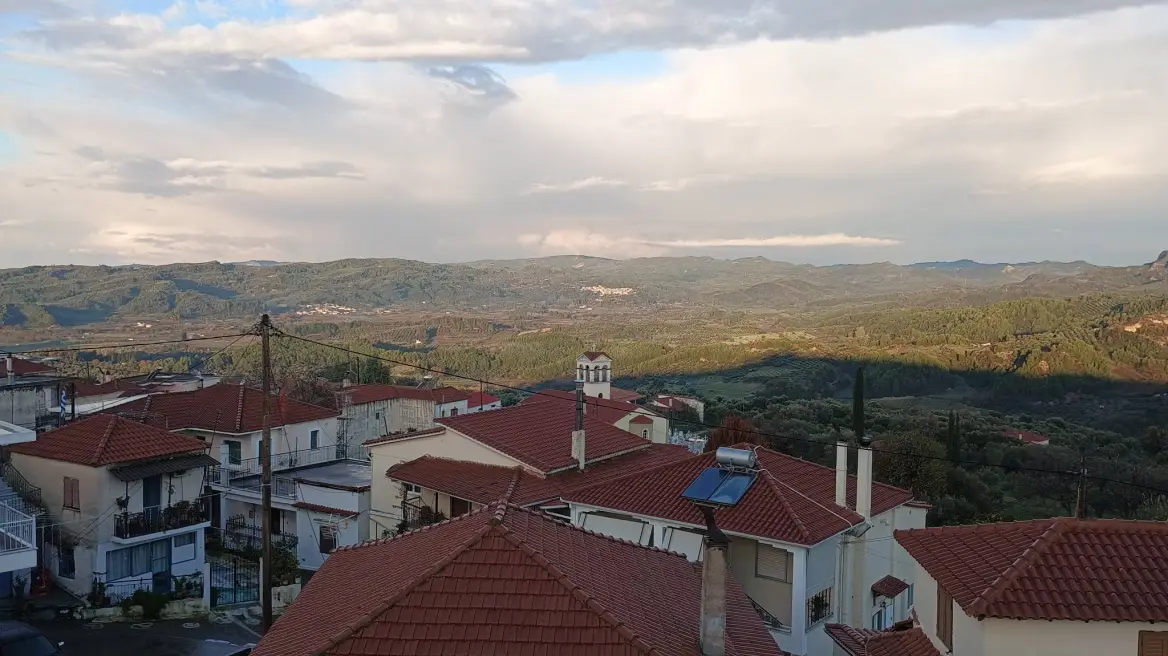Israeli Prime Minister Benjamin Netanyahu warned Russian President Vladimir Putin on Wednesday that Israel was prepared to act unilaterally to prevent an expanded Iranian military presence in Syria as Moscow works to end the civil war there.
Russia intervened on behalf of Syrian President Bashar al-Assad in 2015, joining a de facto alliance with Iranian forces, Lebanese Hezbollah and other Shi’ite Muslim militias helping Damascus beat back Islamic State and other Sunni Muslim insurgent groups.
Israel worries that an eventual Assad victory could leave Iran with a permanent garrison in Syria, extending a threat already posed from neighbouring Lebanon by the Iranian-backed Hezbollah.
Meeting Putin in the Black Sea resort of Sochi, Netanyahu said Israel’s arch-foe Iran was fighting to cement an arc of influence from the Gulf to the Mediterranean.
“Iran is already well on its way to controlling Iraq, Yemen and to a large extent is already in practice in control of Lebanon,” Netanyahu told Putin.
“We cannot forget for a single minute that Iran threatens every day to annihilate Israel,” Netanyahu said. “Israel opposes Iran’s continued entrenchment in Syria. We will be sure to defend ourselves with all means against this and any threat.”
Putin, in the part of the meeting to which reporters had access, did not address Netanyahu’s remarks about Iran’s role in Syria nor his veiled threat to take unilateral military action.
Netanyahu advisers have privately said that their focus is on keeping Iranian forces away from the Israeli-controlled Golan Heights, the Syrian side of which falls under a partial truce brokered by Russia and the United States in recent weeks.
In parallel to lobbying Moscow, Israel has been trying to persuade Washington that Iran and its guerrilla partners, not Islamic State, pose the greater common threat in the region.
“Bringing Shi’ites into the Sunni sphere will surely have many serious implications both in regard to refugees and to new terrorist acts,” Netanyahu told Israeli reporters after the three-hour meeting – his sixth with Putin since September 2015.
“We want to prevent a war and that’s why it’s better to raise the alarm early in order to stop deterioration.”
After the meeting ended, Netanyahu was due to fly back to Israel for talks with U.S. peace envoys Jared Kushner, Jason Greenblatt and Dina Powell, who are on a Middle East tour.
Russia has so far shown forbearance toward Israel, setting up a military hotline to prevent their warplanes or anti-aircraft units clashing accidentally over Syria. Israel’s air force said last week it had struck suspected Hezbollah arms shipments around 100 times in Syria during the civil war, rarely drawing retaliation and apparently without Russian interference.
Russian diplomats have argued that Moscow’s stake in Syria deters Iran or Hezbollah from opening a new front with Israel.
“We take the Israeli interests in Syria into account,” Alexander Petrovich Shein, Russia’s ambassador to Israel, told its Channel One television on Tuesday. “Were it up to Russia, the foreign forces would not stay.”
Zeev Elkin, an Israeli cabinet minister who joined Netanyahu in Sochi, said in a radio interview after the talks with Putin that he had “no doubt that it (the meeting) will lead to practical steps”. Elkin did not elaborate on these.
Ask me anything
Explore related questions
